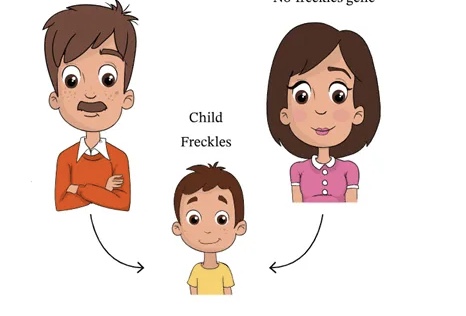
Noviya Anna Alexandrovna – Professor, GPhD in Medical Psychology and Psychophysiology, IUFS-MUFO.

Kuzmenko Olga Petrovna – Professor, author of the OK System, GPhD in Medicine and Psychophysiology, IUFS-MUFO.
Abstract: Using Olga Kuzmenko’s modular diagnostics, without dialogue with the patient, it is possible in a short time (5-7 minutes) to determine and subsequently correct: psychological portrait, abilities, capabilities, inclinations, needs, and personality traits; psychological compatibility; predict behavior; determine the presence of existing diseases and predisposition to them.
According to Olga Kuzmenko’s system (OK System), families consisting of two to three generations were examined. Repeating patterns were identified:
– Modules, and therefore psychological qualities, are inherited.
– The psychosomatic state of parents is the basis for the formation of the psyche and health of children.
– It is possible to correct these during the period before conception and during pregnancy.
If we want to have healthy, strong, and highly moral children, we need to start by correcting our own psychosomatic qualities.
Keywords: psychosomatics, psychological portrait, psychosomatic diseases, transmitted to the child, manifestation of a trait, character traits, inherited by the child, from parents to child, predicting the transmission of specific character traits, Olga Kuzmenko’s system, OK system, modular diagnostics.
It is a well-known fact that diseases are hereditary. When taking a patient’s medical history, doctors always ask: “What illnesses did your parents have? What illnesses did their parents have?” It is known that most diseases have a psychological, or, as they say in medicine, psychogenic nature. “All diseases are caused by nerves.” These diseases are called psychosomatic, and they actually account for 80-90% of all non-infectious diseases known to medicine.
Studying the condition of people who contracted infectious diseases in 2020–2021 using the OK System, we found that in 85% of those examined, immunity depended on their psychological state.
For simplicity, we will use medical terminology and show how these diseases are related to psychological qualities that are inherited and determine the disease itself.
The work used the psychophysiological system developed by O.P. Kuzmenko, which allows for simultaneous medical and psychological diagnosis. According to this system, in just 5-7 minutes, the strength of microcurrents is measured sequentially from specific diagnostic points using the “Rada” device. All data is entered into a special “health card,” called the “Stanislav Table” in the OK System. The right and left measurement values are connected by a straight line. This produces a “diagnostic module” (hereinafter referred to as the ‘module’). If the right and left values are equal, the module is colored green; if the right value is greater than the left, it is colored red; if the right value is less than the left, it is colored blue. A “normal range” is calculated, which is strictly individual for each person. This is how a person’s health map is filled in.
For a healthy body, all measurements are balanced at the same level and fall within the normal range. Modules that are outside it, higher or lower, or red in color indicate a clear predisposition or manifestation of a certain disease, its duration, and the degree of pain. For example, red modules in the meridians: “Heart Governor” (sexual-vascular; pericardium) (MC/C) and “Heart” (C/C) indicate problems in the cardiovascular system and, at the same time, a psychological trait such as increased sensitivity. Or, from a medical point of view, a red module in the “Lungs” meridian (P/C) and in the “Large intestine” meridian (GI/C) indicates colitis, and from a psychological point of view, it indicates fear, lack of confidence in one’s abilities, and an inferiority complex.


